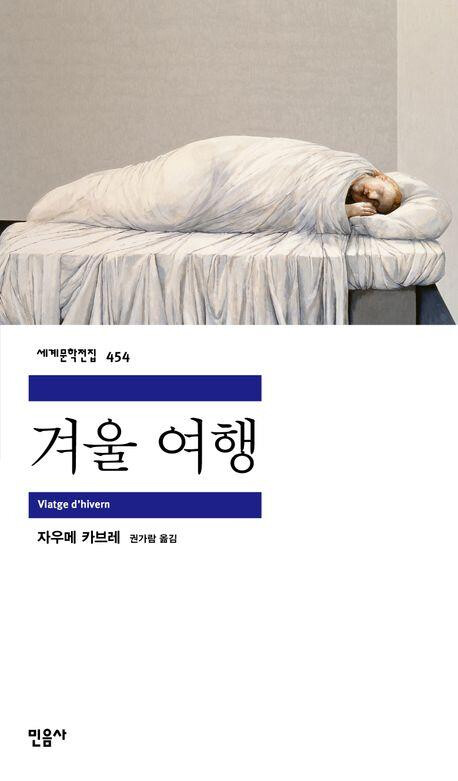
Jaume Cabré's short story collection "Winter Journey" has been recently translated and published in Korea. The title story follows Zoltan Besselényi, who returns to Vienna 25 years after a brief love affair with Marguerita. Their reunion at the Central Cemetery, where famous musicians like Mozart and Beethoven are buried, brings back memories of their time together. Marguerita had left him after 28 days, revealing she was engaged to another man. The story mirrors Schubert's "Winterreise," capturing the sorrow of a rejected lover.
The collection features characters grappling with loneliness and pain. "The Will" tells of a man who discovers his children are not his own after his wife's death. "Posthumous Works" is about a talented pianist with stage fright. "Ballad" depicts a mother's grief after her intellectually disabled son is conscripted into war. The stories can be read individually but are connected through recurring motifs like Schubert's music and Rembrandt's paintings. The first story, "Posthumous Works," connects to the final story, "Winter Journey."
Cabré, born in Barcelona, is a master of Catalan literature. His works like "The Shadow of the Eunuch," "The Voice of Parma," and "I Confess" explore the nature of evil. He has received numerous awards, including the Catalan Critics Award and the French Courier International Award for Best Foreign Literature. "I Confess" was translated and published in Korea in 2020. "Winter Journey" is a powerful exploration of human emotions and the complexities of life.
[Copyright (c) Global Economic Times. All Rights Reserved.]






























